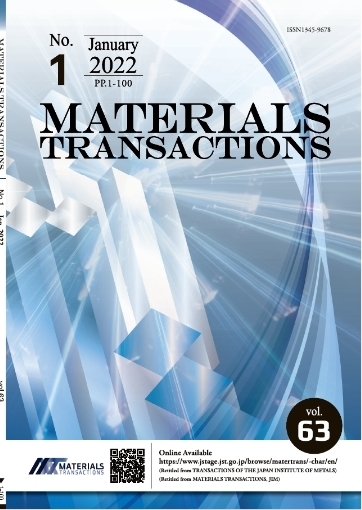Diffusion Monte Carlo Study of Atomic Systems from Li to Ne
Kenta Hongo, Yoshiyuki Kawazoe, Hiroshi Yasuhara
pp. 2612-2616
Abstract
A systematic diffusion Monte Carlo (DMC) study of both neutral and charged atomic systems from Li to Ne in the ground state is performed to evaluate the correlation energy (Ec), the ionization energy (IE), and the electron affinity (EA) of these systems. The present study is based on the fixed-node approximation in which the nodal surfaces of the DMC wavefunction is assumed to be the same as those of the Hartree-Fock wavefunction. The present calculations reproduce 90±7% of the exact value of correlation energy for the cations, 91±3% for the neutral atoms, and 92±2% for the anions, respectively. The theoretical values of IE and EA in the present study are in good agreement with experimental values within an accuracy of 0.3 eV for IE and 0.1 eV for EA. The variation of Ec and IE with respect to the atomic number Z is interpreted.
Readers Who Read This Article Also Read
MATERIALS TRANSACTIONS Vol.47(2006), No.11
MATERIALS TRANSACTIONS Vol.47(2006), No.9
MATERIALS TRANSACTIONS Vol.47(2006), No.9










